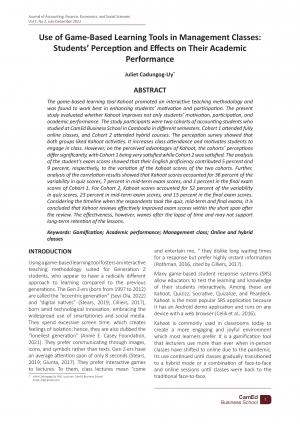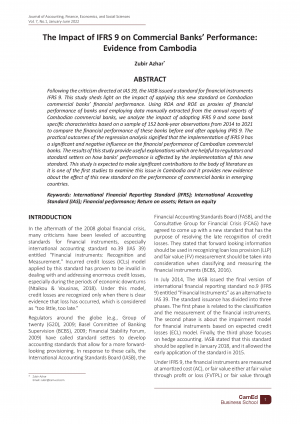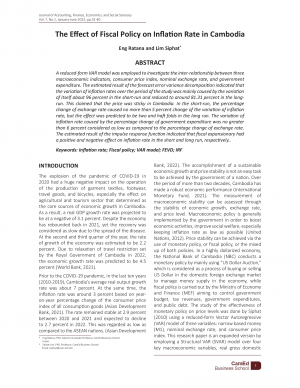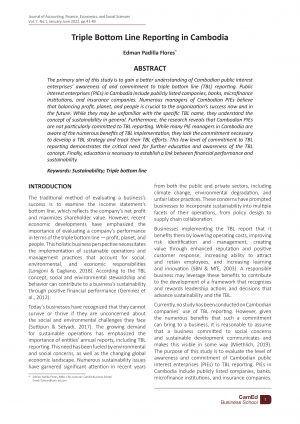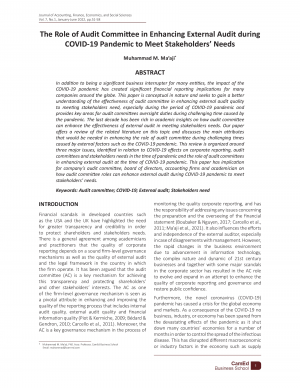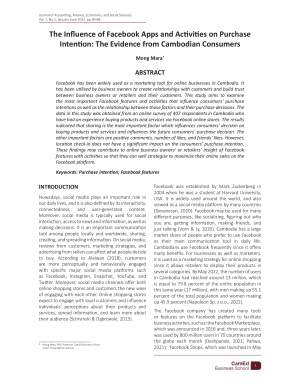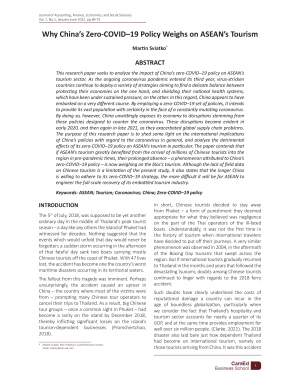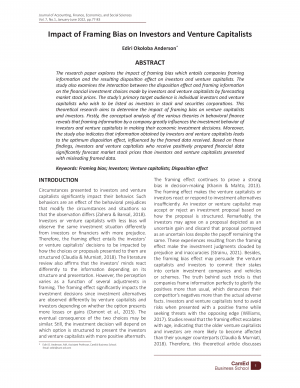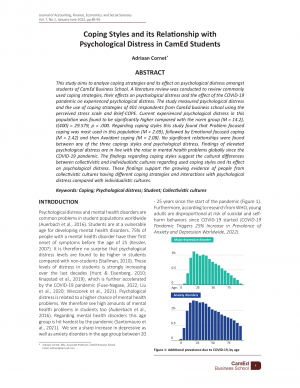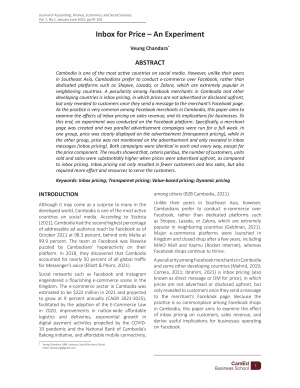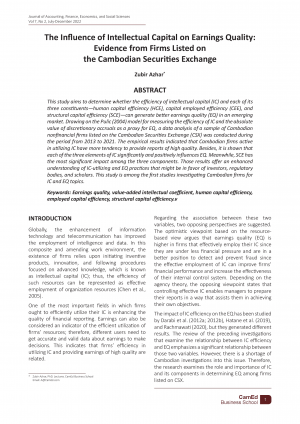Use of Game-Based Learning Tools in Management Classes: Students’ Perception and Effects on Their Academic Performance
For read a book, Please sign into your account.
loginABSTRACT
The game-based learning tool Kahoot promoted an interactive teaching methodology and was found to work best in enhancing students’ motivation and participation. The present study evaluated whether Kahoot improves not only students’ motivation, participation, and academic performance. The study participants were two cohorts of accounting students who studied at CamEd Business School in Cambodia in different semesters. Cohort 1 attended fully online classes, and Cohort 2 attended hybrid courses. The perception survey showed that both groups liked Kahoot activities. It increases class attendance and motivates students to engage in class. However, on the perceived advantages of Kahoot, the cohorts’ perceptions differ significantly, with Cohort 1 being very satisfied while Cohort 2 was satisfied. The analysis of the student’s exam scores showed that their English proficiency contributed 5 percent and 9 percent, respectively, to the variation of the Kahoot scores of the two cohorts. Further, analysis of the correlation results showed that Kahoot scores accounted for 36 percent of the variability in quiz scores, 7 percent in mid-term exam scores, and 1 percent in the final exam scores of Cohort 1. For Cohort 2, Kahoot scores accounted for 52 percent of the variability in quiz scores, 23 percent in mid-term exam scores, and 15 percent in the final exam scores. Considering the timeline when the respondents took the quiz, mid-term and final exams, it is concluded that Kahoot reviews effectively improved exam scores within the short span after the review. The effectiveness, however, wanes after the lapse of time and may not support long-term retention of the lessons.
Keywords: Gamification; Academic performance; Management class; Online and hybrid classes

